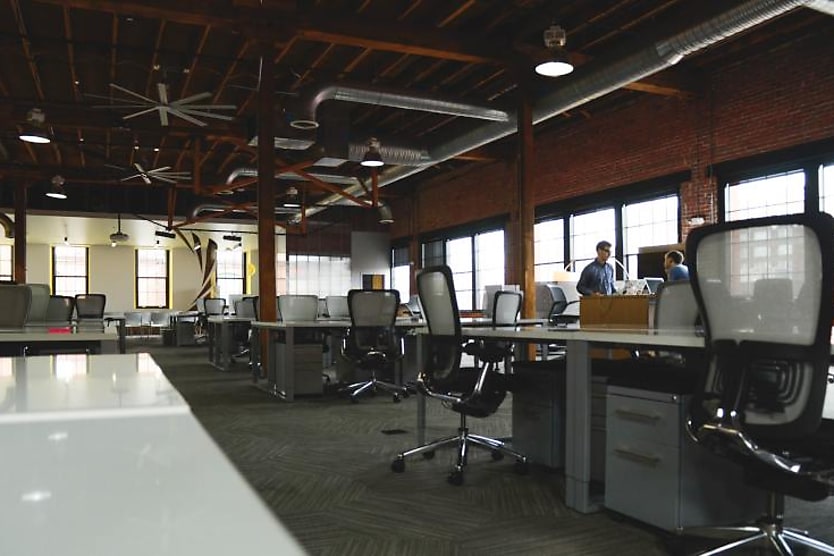Workers baulk at CBDs ‘but happy with an office close to home’
SHARE THIS ARTICLE

The cost and congestion of travelling to a centre makes local micro-offices appealing, says a business centre specialist.
Staff are baulking at the cost and congestion of working in a CBD but will happily return to an office close to their suburban home, says founder and chief executive officer of Atworkspaces Jenny Folley.
“Aussies are happy to go back to work provided work is near home,” she said. “As a result, businesses are moving their offices from traditional, large fixed long-lease CBD-based locations to agile micro-offices across suburban areas.
“Micro-office set-ups enable businesses to operate smaller offices in a number of suburban office hub locations near to workers’ homes.
“Staff can still engage and communicate via screen, email and phone and utilise large meeting rooms on site for whole of team or organisation get-togethers when needed.”
Last year, an RMIT study found that on average, those with jobs based in the CBD spent just over three days, less than 17 hours a week in the city with only one in eight going into the office every day of the working week.
Study author Dr Alexia Maddox said people now saw their local suburb as their go-to centre, rather than the city itself.
According to a PwC, the exodus of employees from CBDs could force businesses to reduce their office footprint in city centres.
Ms Folley said suburban offices combined shorter commutes, cheaper transport, and less congestion with the benefits of working in a dedicated operational space.
“For many people, working from home is not always the most convenient or comfortable thing to work at home all day, alongside your family with kids home from school,” she said.
“Many people actually prefer to have a professional space from which to conduct their professional lives, but don’t exactly want that huge commute to work either.
“If you live in the suburbs, as most of us do, heading into work every day not only takes up time, it’s just tiring. Many people can think of better ways to spend their time than sitting in traffic.”
Smaller suburban office spaces could be a boon when attracting and retaining staff, she said.
“In addition, now that many businesses are asking staff to return to work, many workers are declining and so the only way businesses can lure their staff back to work and encourage them to stay is to provide an office location that is near to home,” said Ms Folley.
“Micro-offices are actually becoming an important talent acquisition and retention strategy to encourage people to work at the office while also staying close to home.”
“People want flexibility in their lives and companies now realise that it’s no longer necessary to rent large, expensive floor spaces for their offices.”
Ms Folley said Atworkspaces is continuing to expand into suburban areas to provide businesses with offices for their employees without the hassle of travelling into the CBD.
Atworkspaces is a provider of co-working and private office workspaces that are strategically located at commercial hubs of cities and include locations in Melbourne, Sydney, Brisbane, Gold Coast, and Manila.
This article was originally featured on 18 January in Accountants Daily.
